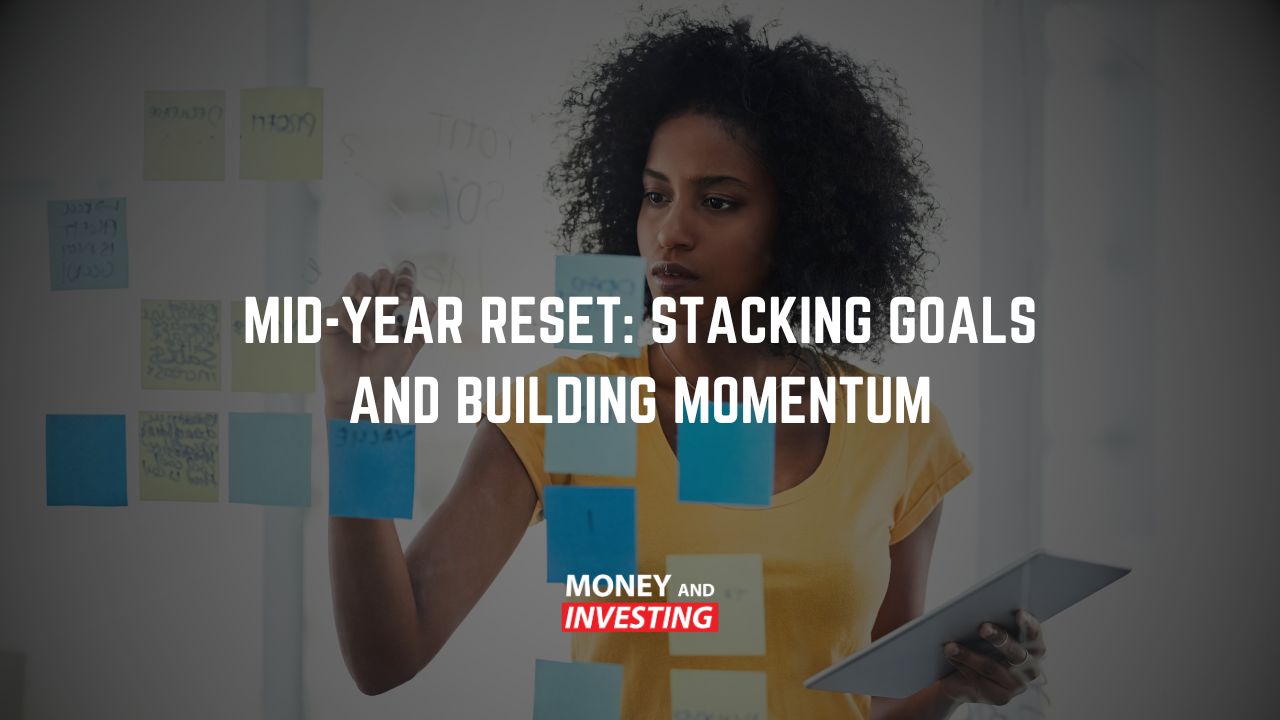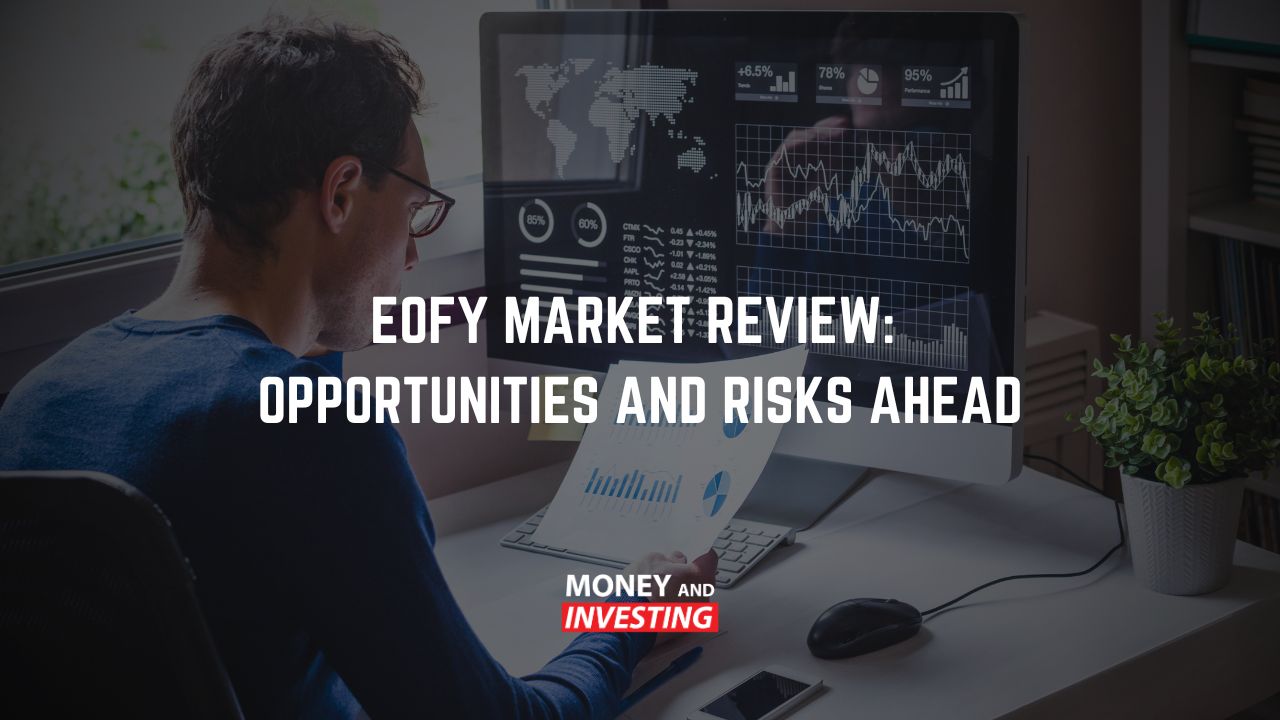2022 Stock Market Strategy
In what started in as early as November last year, we’ve seen a major sector rotation in the stock market, along with some heavy volatility. As 2022 is already proving to be a very different and challenging year for businesses, here is our gauge on the strategy for the stock market moving forward into 2022:
2022 Thus Far
Since the pandemic started, the stock market has really only trended in one direction – bottom left to top right. Now, as we venture in 2022, we’re starting to see a major sector rotation out of high-flying growth and tech stocks, into more cyclical, economically sensitive businesses considering the economic environment we now operate in. As host Andrew Baxter exclaims, we expect this year of trading to be very different to the past couple. With US inflation at 7% and with 3-4 likely interest rate hikes expected this year, the game plan appears to be quite different given the landscape has changed – something the market is already beginning to price in.
Interest Rate Hikes
In what is a rampant inflationary environment, it comes as no surprise that this year we are due to see a hike in US interest rates. With 3-4 hikes and the first expected as early as March, this poses an issue for stocks which trade on high multiples given their future value is more heavily discounted back to today. Couple this with the Federal Reserve ‘running down’ their balance sheet, this is something that once announced – Baxter expects to see a kneejerk reaction from the market, particularly those high-flying tech stocks like Amazon, Tesla, or Netflix. With this, he mentions that investors should be shifting their attention to more robust businesses which benefit during these times, notably, the financial sector.
For the US economy right now where the Fed is dialling back stimulus, looking to raise interest rates, and has pretty much hit their employment target – this is boom time and a potential opportunity to load up on banking stocks which typically perform well in such environment.
The Volatility and Earnings Play
Not only are we staring down the barrel of interest rate hikes, we’re also just stepping into the US earnings season. Each year, US listed companies are obligated to report each and every quarter – with this, investors are provided with an update on the stock’s performance as well some medium-term guidance. Host Andrew Baxter says he’s expecting some heavy volatility this earnings season as we see a divisive line between those who handled the recent Omicron outbreak and those who didn’t. With a massive shift in spending and an array of supply chain disruptions, some businesses will have coped and been able to pass on these increased costs to consumers, whereas some wouldn’t have. Don’t get us wrong here – announcement-based trading isn’t easy and is very speculative.
However, Baxter says he’ll be looking to employ an options only strategy known as the ‘straddle’ on these announcements to take advantage of some expected increased volatility in the market.
Event Based Trading
This year as we venture into mostly uncharted waters could be the year of event-based trading. The ‘buy anything and it will go up’ philosophy has worked for the last 18 or months, albeit has probably done its dash at this point. Rather, Baxter says trading events (not just corporate earnings) could be a lucrative way to make some money in 2022. Using examples such as the Netflix subscriber numbers, or the Tesla sold vehicles results – these are great ways that savvy traders can gain exposure and profit from uncertainty in the market. The trick here, says Baxter, is to refine your strategy and more importantly understand the fundamentals of the company. Knowing a small number of stocks really well will always beat knowing a little about a lot of companies.
Understanding what drives the business can allow you to make informed decisions on whether to buy or sell the business itself or trade an announcement from the company. This isn’t easy, as understanding what truly drives a business requires expert fundamental analysis on the company itself and the economy overall. To learn these skills, reach out to Andrews team at Australian Investment Education for more.



